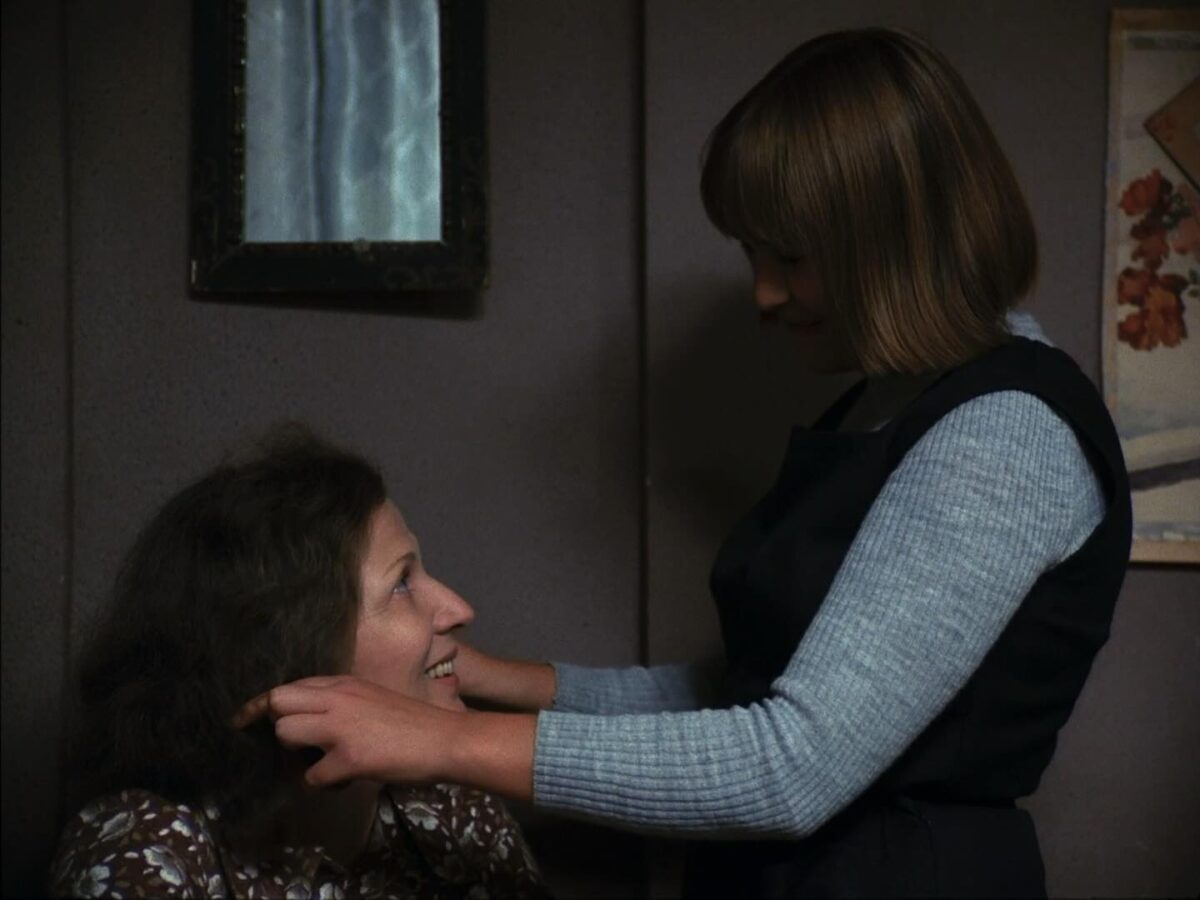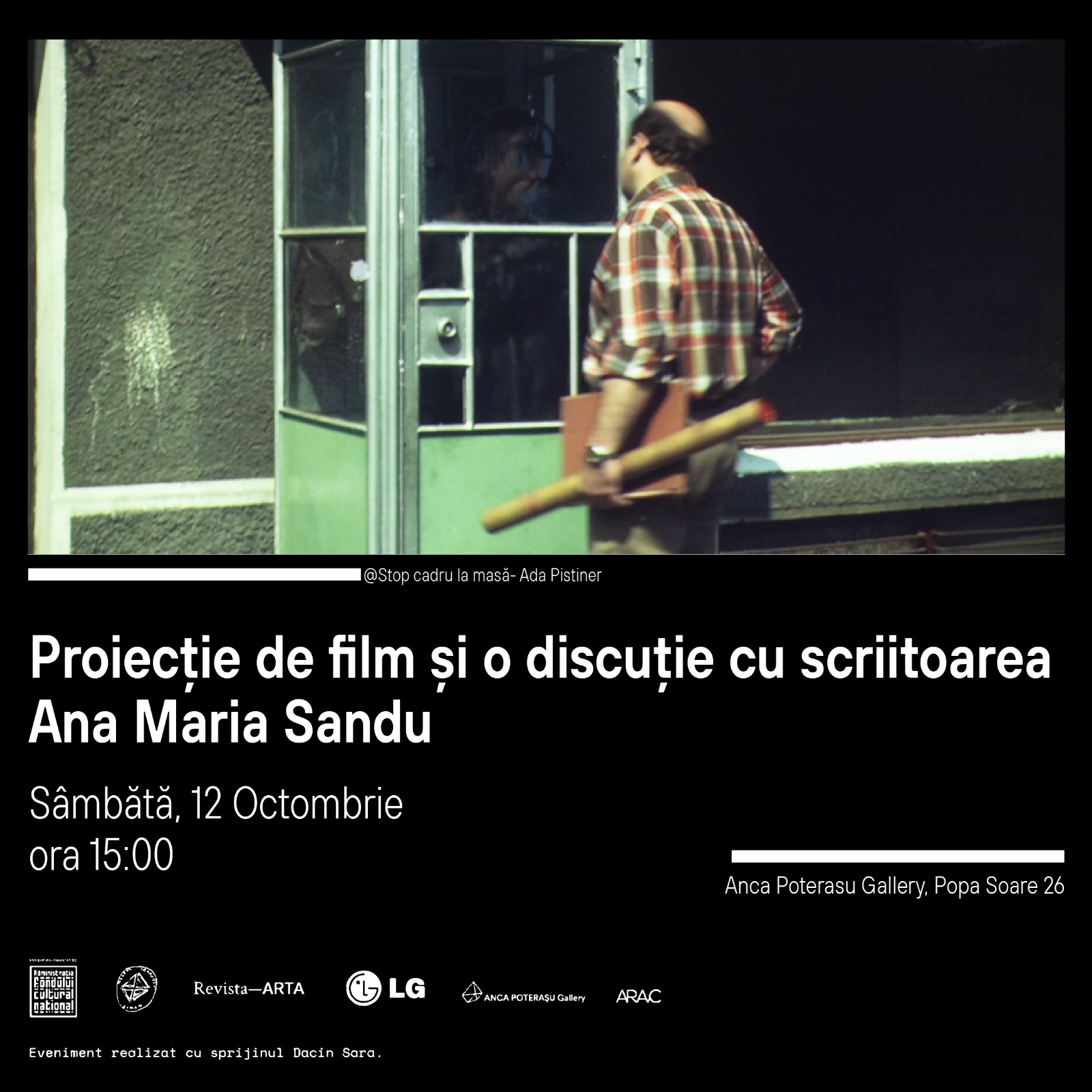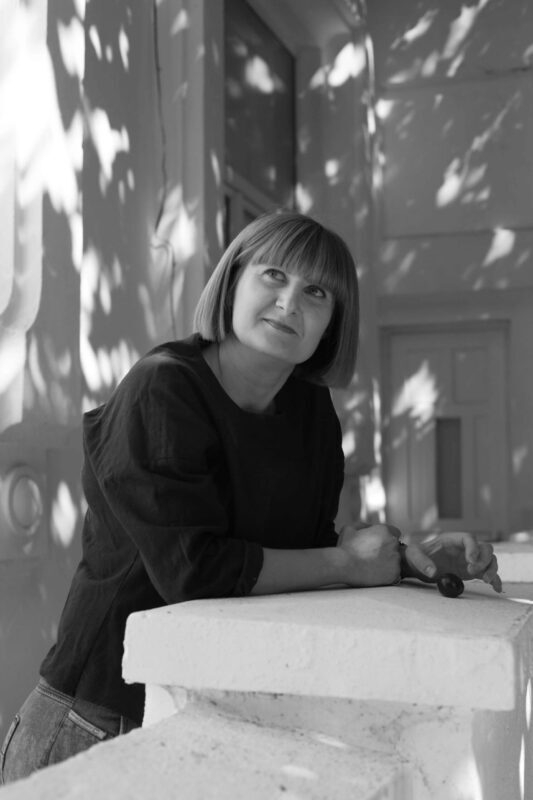
Ana Maria Sandu is a writer, journalist, and editor at Dilema Veche. She made her debut with the volume Din amintirile unui Chelbasan (From the Memories of a Chelbasan) and went on to publish the novels Fata din casa vagon (The Girl from the Wagon House), Omoară-mă! (Kill Me!), Aleargă (Run), the short story collection Pereți subțiri (Thin Walls), the essay Mama îmi spune că am o viață frumoasă (My Mother Tells Me I Have a Beautiful Life), and the fictionalized biography Hortensia Papadat-Bengescu: Străina (The Stranger).
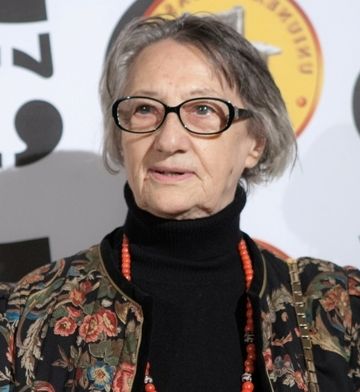
Ada Pistiner was born in Iași in 1938. After finishing her studies at the Faculty of Philology at the University of Bucharest, she worked as a documentary filmmaker at the National Film Archive; in 1963 she began her career as an editor at the Alexandru Sahia Studio. In 1968, Ada Pistiner graduated from the film directing courses of the Institute of Theater and Cinematography Art, with Mircea Drăgan and Iulian Mihu as teachers; the director later stated that there was no censorship at the institute and her mother was the head of production for her films. From that period, one of the reference experimental films remains Dictatorul și supusul său [The Dictator and his servant], with a script written by Pistiner based on a sketch by Romulus Vulpescu.
Screening of the film Stop cadru la masă, directed by Ada Pistiner, followed by a discussion with writer Ana Maria Sandu
Speaker: Ana Maria Sandu
Saturday, October 12th, 15:00 – Anca Poterașu Gallery, Popa Soare 26
Stop cadru la masă is a feature film directed by Ada Pistiner, with a running time of 1h 22min
Released in 1980, Stop cadru la masă tells the story of architect Filip Halunga, played by Russian actor Aleksandr Kalyagin, who abandons his family for a fleeting relationship with a nonconformist designer. At the same time, the director explores the profound physical and psychological changes experienced by his wife, Clara (Dorina Lazăr), and his lover, Nușa Predescu (Anda Călugăreanu). The emotional interplay between the two women adds depth and drama, while Filip remains suspended in a contradictory state, oscillating between doubt and an apparent sense of ease.
(excerpt from the curatorial text Anca Mihuleț)
The event is part of Prietena mea genială / 나의 눈부신 친구 / My Brilliant Friend exhibition and project, funded by AFCN.
About the project: Within the cultural project My Brilliant Friend, the exploration and contextualization of the history and representation of women is proposed, with a focus on South Korea and Romania. The starting point of the research was the similar domestic and community histories of South Korea and Romania, and the ways in which processes of social and political restoration have influenced the cultural perception of women’s image. The project presents women artists from different historical periods, thereby exploring systems of representation of women in postcolonial culture, while contextualizing narratives and personal histories relevant to shaping ideas of family and community in the Global South.
The project My Brilliant Friend follows a long-term process of restoring memory. Every act of restoration begins with the identification of the object to be restored, followed by an analysis of its current state and the recognition of its representativeness within a specific context. It is a procedure as much somatic as it is psychological, requiring skills that must be combined with vision, gentleness, and care. Creating meaning through restoration demands the activation of a sense of understanding of time, space, and context from multiple perspectives, as well as the ability to deliver a form capable of communicating beyond a constructed framework. Through this project, the importance and complexity of representing women in a global context is highlighted, with an emphasis on fostering intercultural dialogue and promoting diversity and inclusion through contemporary art and the exploration of feminine identity in the Global South.
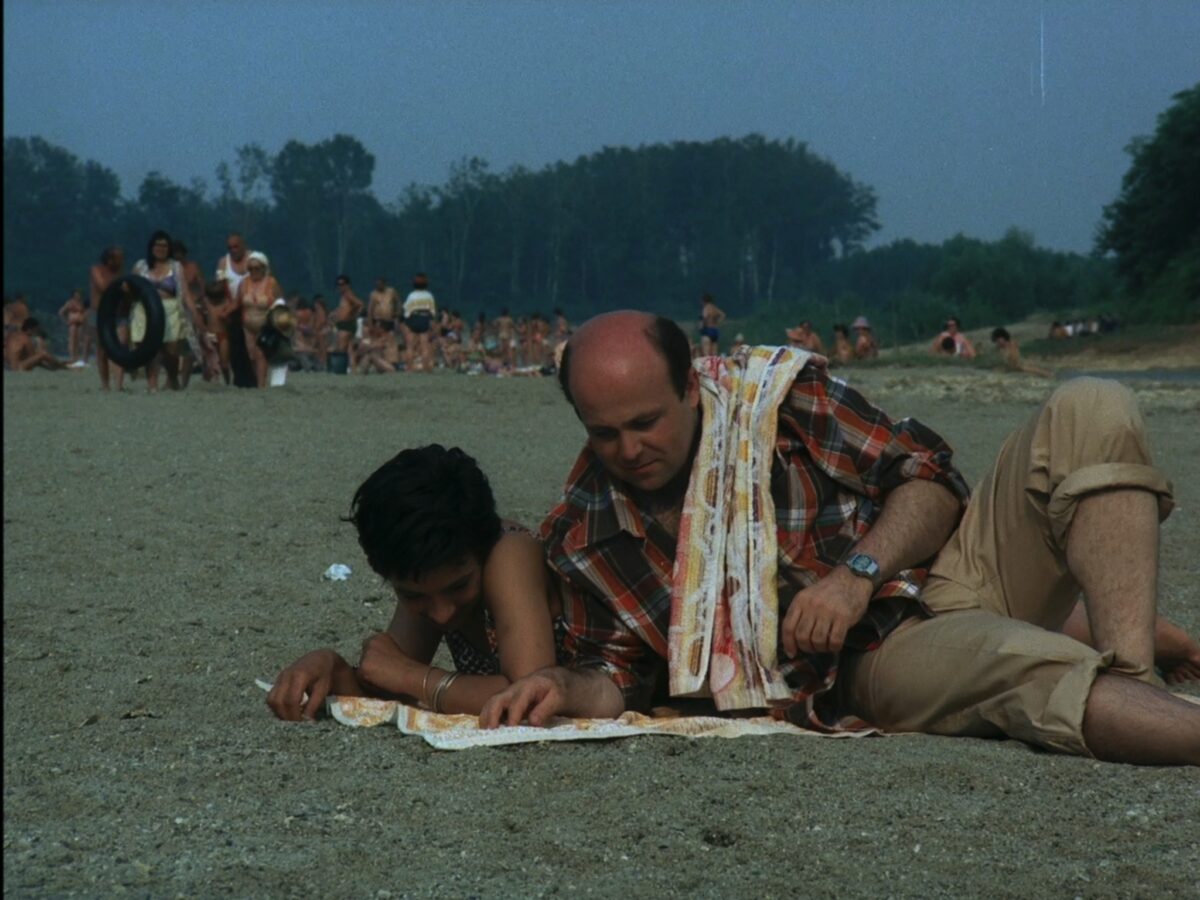
Ada Pistiner, Snapshot Around the Family Table, screenshots, feature film, 16 mm film transferred to digital format, 1h 22 min., 1980.
